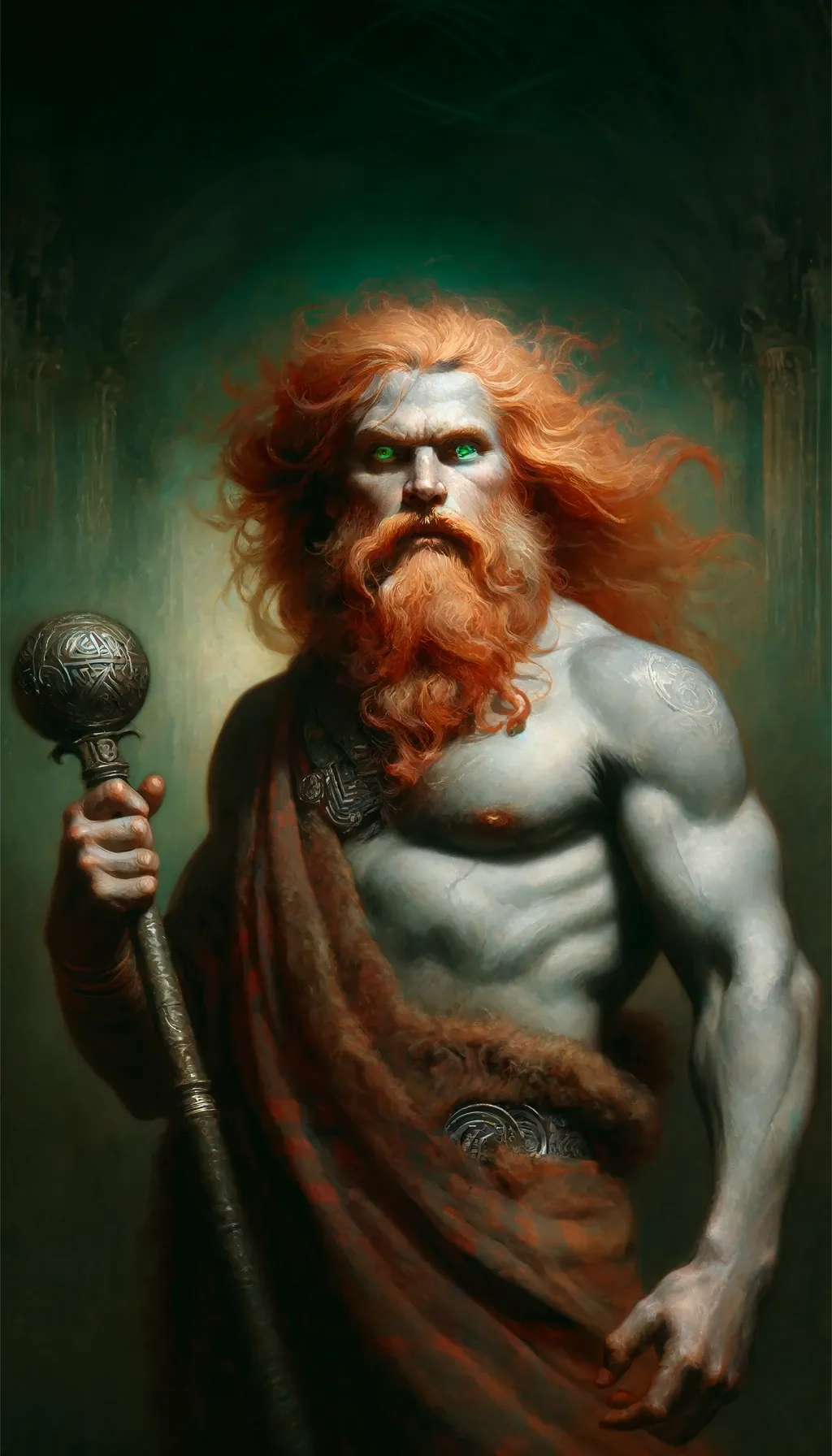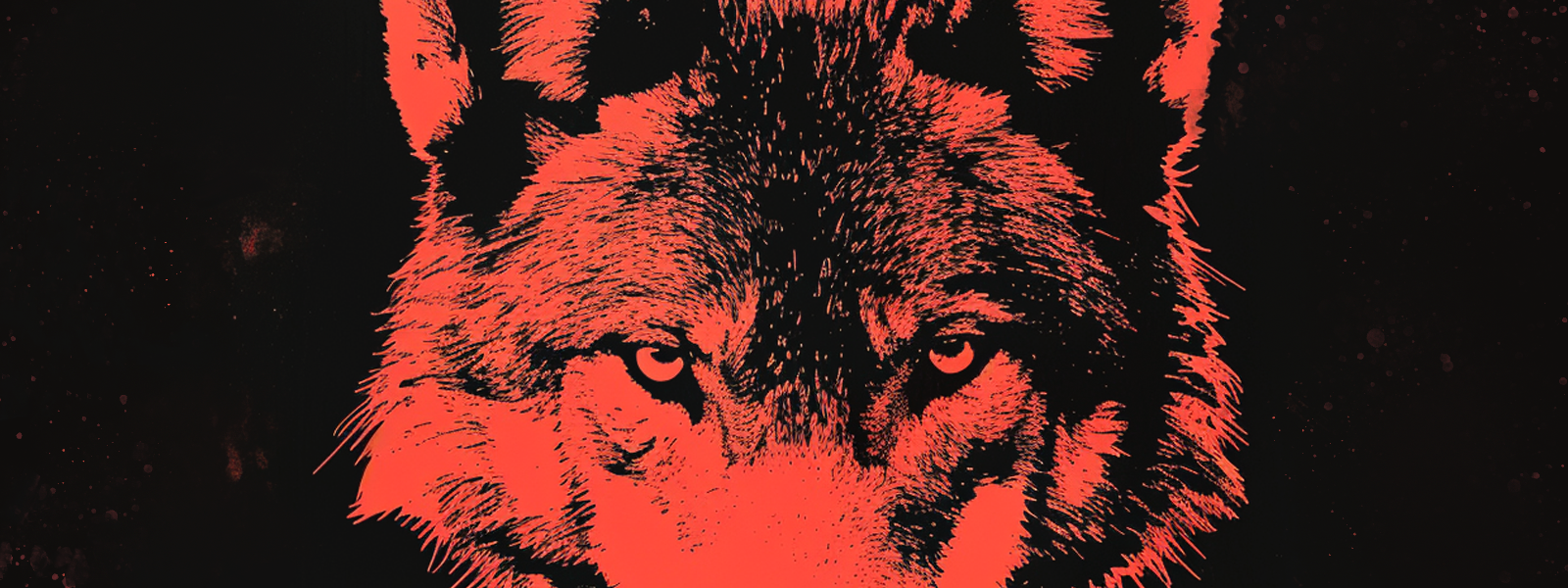Praying to Dagda Made Easy

Note: This guide repeats information found in other guides on devotional practice. I repeat so that these can function as stand-alone guides, but if you are already familiar with the background, feel free to skip to the sections on Dagda and the liturgy practice.
Worship moves the gods from abstract stories read about in books or admired from afar as art to living presences that offer guidance, inspiration, and blessings. Worship transforms gods from beings that live aloof in the heavens into fathers and mothers, teachers and friends, beings that live amidst and shape our days.
Despite worships centrality, there’s little extant information on how our ancestors worshipped. For guidance, I draw on my own background in Buddhism, Hinduism, and Hellenic paganism to create a simple form of devotional practice that beginner pagans can follow with ease.
Three Principles of Prayer: Symbol, Concentration, and Power
There are three basic elements to keep in mind for the practice: symbol, concentration, and power. Symbols are the language of the psyche, and on one level, the gods are potent symbols of the divine. Focusing on a symbol molds the psyche in its image. Focus on a wrathful image of Taranis, and we will become more fiery. Focus on a motherly image of Danu, and we become more caring. Visualization, mantra, and the environment supply the symbols for the practice.
Concentration is the force that animates and empowers those symbols. The more concentrated we are during our prayers, the more power the symbols hold and the more deeply they imprint themselves in our consciousness. A hundred sloppy, half-hearted prayers will have little effect, whereas a single session of utter attention could change a devotee’s life forever.
The combined force of symbol and concentration equals power. The more potent the symbols and concentrated the mind, the more efficacious the prayer.
Dagda
Like other Celtic gods, Dagda does not fit neatly into any category. His name translates literally as the "Good God," but the epithet does not reflect his morality. Rather, it refers to his might. He is good because he is potent and prodigious. He possesses power over life, death, weather, crops, and time. The myths portray him as immense, a symbol of abundance and fertility, and rustic - compare his tunic that barely covers his manliness to the effusive descriptions of Lugh. He possesses several magical items: a cauldron named Undry, which provides an endless supply of food; a massive club that can kill with one end and bring the dead to life with the other; and a harp that controls the seasons and the emotions of men.
Dagda is an infernal deity, deriving his magical might, his fighting prowess, and his prodigiousness from the earth's dark precincts. As a father, his progeny are central to many myths, including children with goddesses Morrígan and Boann. He is linked to Dis Pater, the Roman father of man and wealth. His character embodies abundance, magic, and the potent forces of nature.
Dagda is the ideal god for magic, healing, power, fertility, war, and wealth.
Liturgical Instruction
1. Set Up the Space
Before you worship, set up your space. The environment should create a contemplative atmosphere and provide symbols for the practice. Find a quiet place and clear it of any clutter.
When the space is ready, light two candles and three sticks of incense. Pay your respects to the four directions as follows:
Facing East, strike the bell and repeat:
O Lugh, the lustrous ruler of the air,
Do bless this space with luminosity.
Facing South, strike the bell and repeat:
O Taranis, the wielder of the flame,
Do bless this space with terrifying force.
Facing West, strike the bell and repeat:
O Brigit, maiden of the verdant springs,
Do bless this space with purity and peace.
Facing North, strike the bell and repeat:
O Danu, mother of this fertile land,
Do bless this space with thy fecundity.
Bow three times to the altar (once for the land, the ancestors, and the gods). If you don’t have an altar with Dagda's image, you can visualize him before you and bow to him.
Note: If it’s not possible to include these materials, you can omit or modify them as circumstances demand.
2. Chant
While seated, chant the following:
O ashen seer of the triple world,
Before us manifest thy massive form -
Thy eyes of green burning with piercing flames;
A beard of red sits ‘neath thy shaggy hair.
Over thy belt, thy ruddy robe is worn.
In thy right hand, the mace of life and death.
And in thy left, the harp of Uaithne
That animates the world with its harmonies.
We sing to thee these praises, O Good God,
Protector and provider of earth’s wealth;
The ancient father of our ancestors;
The lord of mysteries and elements.
We sing our praises to the chthonic sage,
Who slaughtered the Fomóire by curse and club,
Who sired the gods Aenghus, Cermait, and Aed,
Who swallowed whole the poison of the fay.
O Sleepless Eye of the ten-thousand realms,
To us, whisper thy secrets in our ears,
In us, gush forth thy elemental might,
For us, let flow thy endless stores of gold.
You can chant this as many times as you would like. You may also pause and focus on the image of Dagda described in the opening verses. If you dislike archaic English, you can replace thee / thy with you / your.
3. Mantra
Using a mala or the digits on your hand to keep track, repeat the following mantra 9, 18, 36, or 108 times:
O Dagda, Lord of Elements, the Whisperer of Worlds
4. Prayer
Pray to Dagda for whatever you desire. If it is a simple prayer, like “May I find a new job,” you can repeat the prayer multiple times and focus your attention on it. You can also offer a prayer in a more conversational, spontaneous style.
5. Offering
Offer something to Dagda in exchange for his support by placing it before his image. Then, recite the following prayer:
O ashen Dagda, hear our humble plea,
Accept these offerings we lay ‘fore thee.
Grant us thy blessings of knowledge and might
On these here hollowed grounds that thee alit.
A standard offering is food and drink, such as a small glass of water and a piece of bread. Offerings specifically suitable for Dagda include alcohol, foodstuffs, minerals, metals, money, and written spells, such as yantras or runes. The offerings should be fresh and the plates clean. You can read how to dispose of offerings here.
6. Closing
Facing East, strike the bell and repeat:
O Lugh, the lustrous ruler of the air,
Our gratitude for thy blessings of light.
Facing South, strike the bell and repeat:
O Taranis, the wielder of the flame,
Our gratitude for thy blessings of might.
Facing West, strike the bell and repeat:
O Brigit, maiden of the verdant springs,
Our gratitude for thy blessings of peace.
Facing North, strike the bell and repeat:
O Danu, mother of this fertile land,
Our gratitude for thy blessings of wealth.
Bow three times to the altar.
Note: Regarding how to delegate time to different sections of the liturgy, you can read more here.
You can also find a simplified version of this liturgy as a PDF form to use in your daily practice here.
